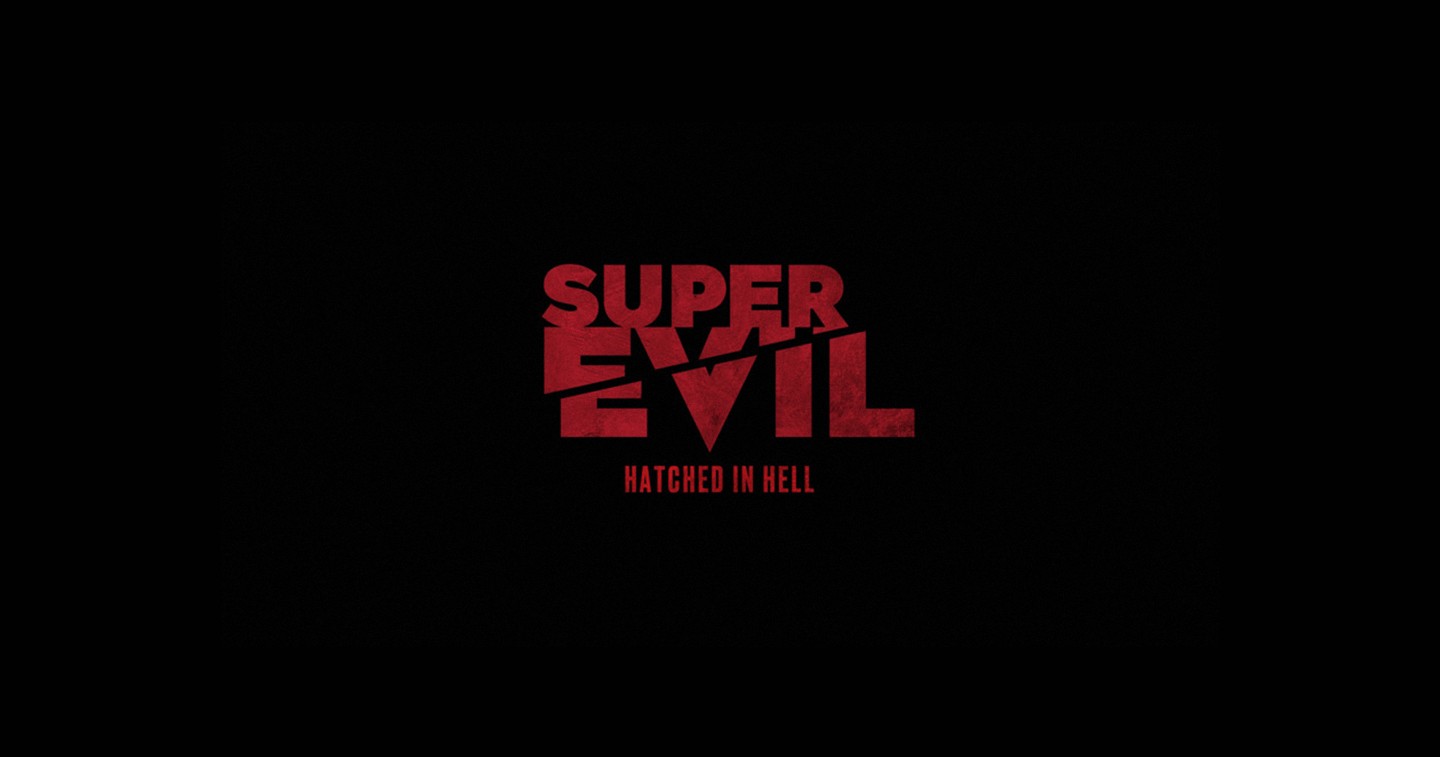MANILA, PHILIPPINES– True crime podcasts like “Serial” have captured the imagination of listeners all over the world. But while there have been true crime podcasts in the Philippines before, none have created a serialized narrative documentary—until now.
This October 2, Inquirer Podcasts and PumaPodcast will launch “Super Evil,” the Philippines’ first serialized true crime podcast. Its first season, “Hatched in Hell,” will recap the 1993 killings of Eileen Sarmenta and Allan Gomez.
The seven-episode series covers a year’s worth of research, interviews, and production work, both in Metro Manila and Laguna, where the crime took place. Top government officials, investigators, Inquirer reporters, women’s rights champions, and good governance advocates all lend their voices to this podcast.
‘Obsessed with true crime’
“Super Evil” is hosted by Pam Pastor, a journalist and assistant editor for The Philippine Daily Inquirer, with support from PumaPodcast producer Tricia Aquino and audio editor Marc Casillan.
“I’ve been obsessed with true crime since I was a kid,” says Pastor. “I was reading true crime books at maybe 9 or 10, long before I should have been allowed to. I’ve watched all the episodes of Forensics Files, Dateline, 48 Hours. Name a true crime documentary and I’ve probably seen it. I’ve consumed thousands and thousands of hours of true crime podcasts. I honestly would’ve tried becoming a forensic pathologist if only I’d been smart and masipag enough to go to med school.”
Pastor had actually been planning the podcast around another story when the controversy around the Good Conduct Time Allowance (GCTA) law happened last year. This raised the possibility of release for former Calauan mayor Antonio Sanchez, who was serving multiple life sentences for the murders of Sarmenta and Gomez.
“I realized that there’s an entire generation of people who had not heard of the case before and so we switched gears,” Pastor says. She got to work. And there was so much to be done.
“From spending hours and hours at the Inquirer library, going through years’ worth of newspapers until my hands turned black from the ink and then interviewing key players from the case to actually writing the scripts and recording the episodes… And that’s just my little piece of the pie,” Pastor recalls. “I have renewed appreciation for all the in-depth, investigative true crime pods I’ve listened to in the past.”
Honoring the victims
The crimes in question form a complex case, with multiple perpetrators involved in the crime and government agencies working on the case. Research for the podcast spanned almost 30 years of information.
“I had initial ideas of how I wanted the podcast to be, but now I know that you can’t go into something like this too attached to your plans because the story takes a life of its own and goes where it needs to go in order to be told,” she says. “One thing remained constant though, I wanted to honor Eileen Sarmenta and Allan Gomez.”
It was important to everyone on the production team to handle the story with sensitivity, respect, and care for Sarmenta and Gomez. “It’s so unfair that their names will forever be linked to this despicable crime and to Antonio Sanchez and his henchmen. I wanted to be able to paint a picture of who they were,” shares Pastor.
“They were more than just victims. They were a son, a daughter, they were deeply loved and they had dreams and plans for the future that were cut short by these horrible men.”
True crime isn’t just about hearing the grisly details. It’s an opportunity to reflect on the society in which these crimes take place. “I hope that while listening, people get the chance to think about the country that we live in and continue to love despite its terrible flaws. I’m hoping they’d ask the questions we too were asking as we worked on the podcast,” says Pastor.
“What is it about the Philippines that breeds impunity? Why do we keep electing this type of leader? What can we do to make this country a better place? Is there still hope for the Philippines?
”










